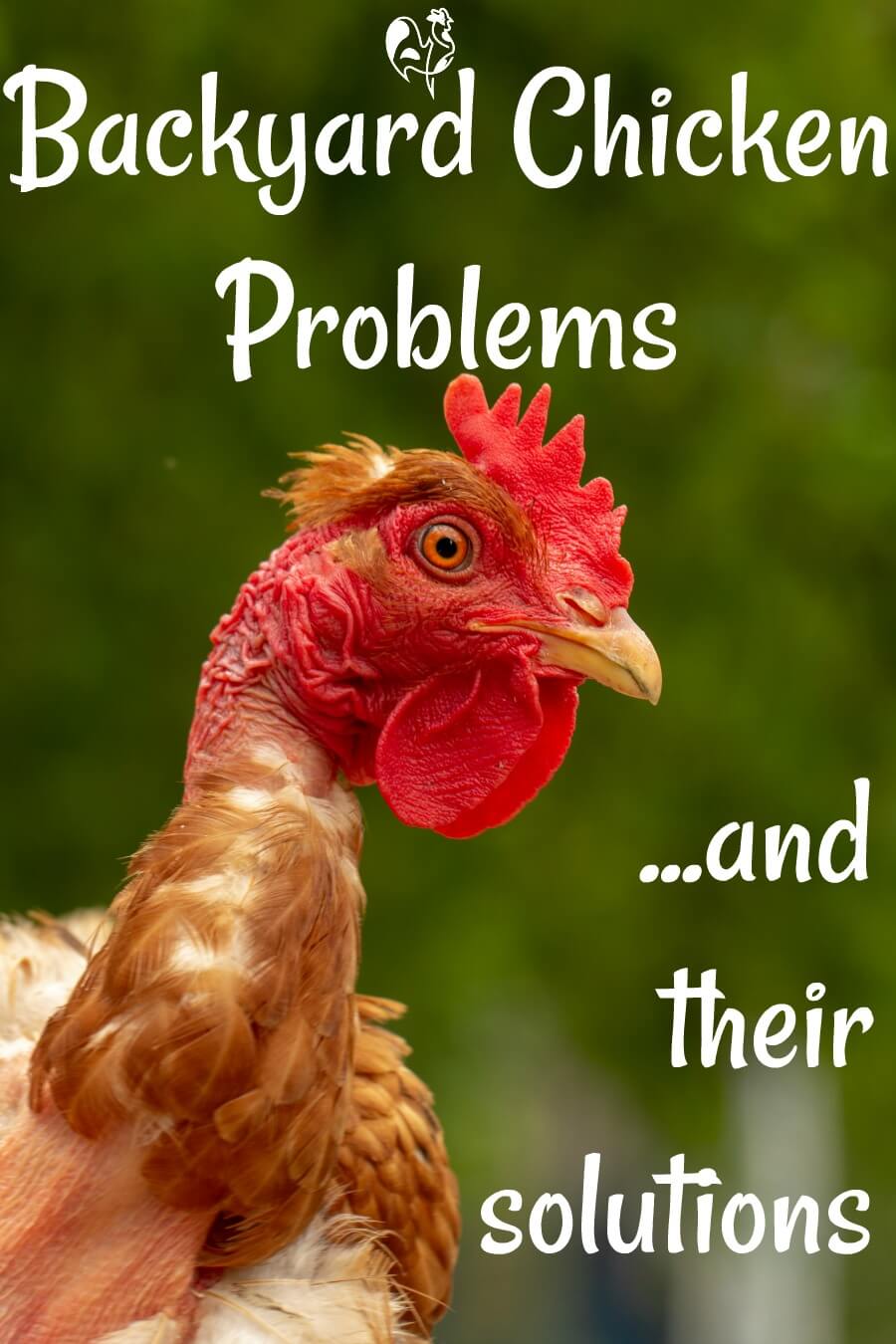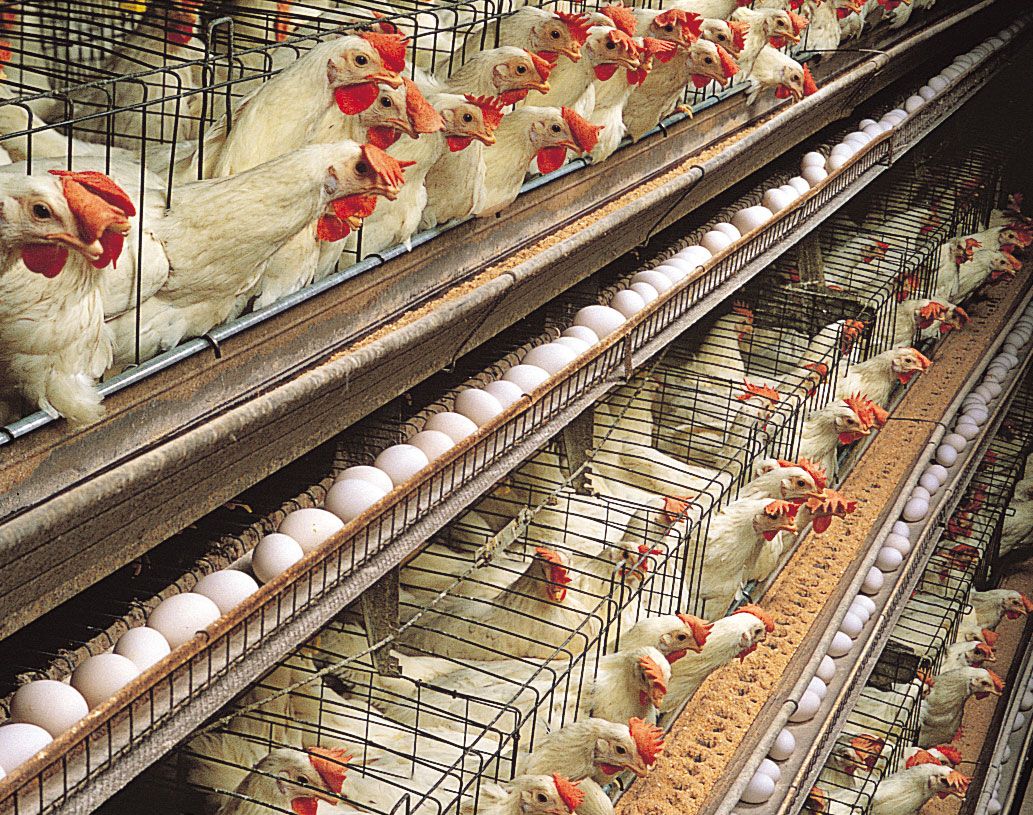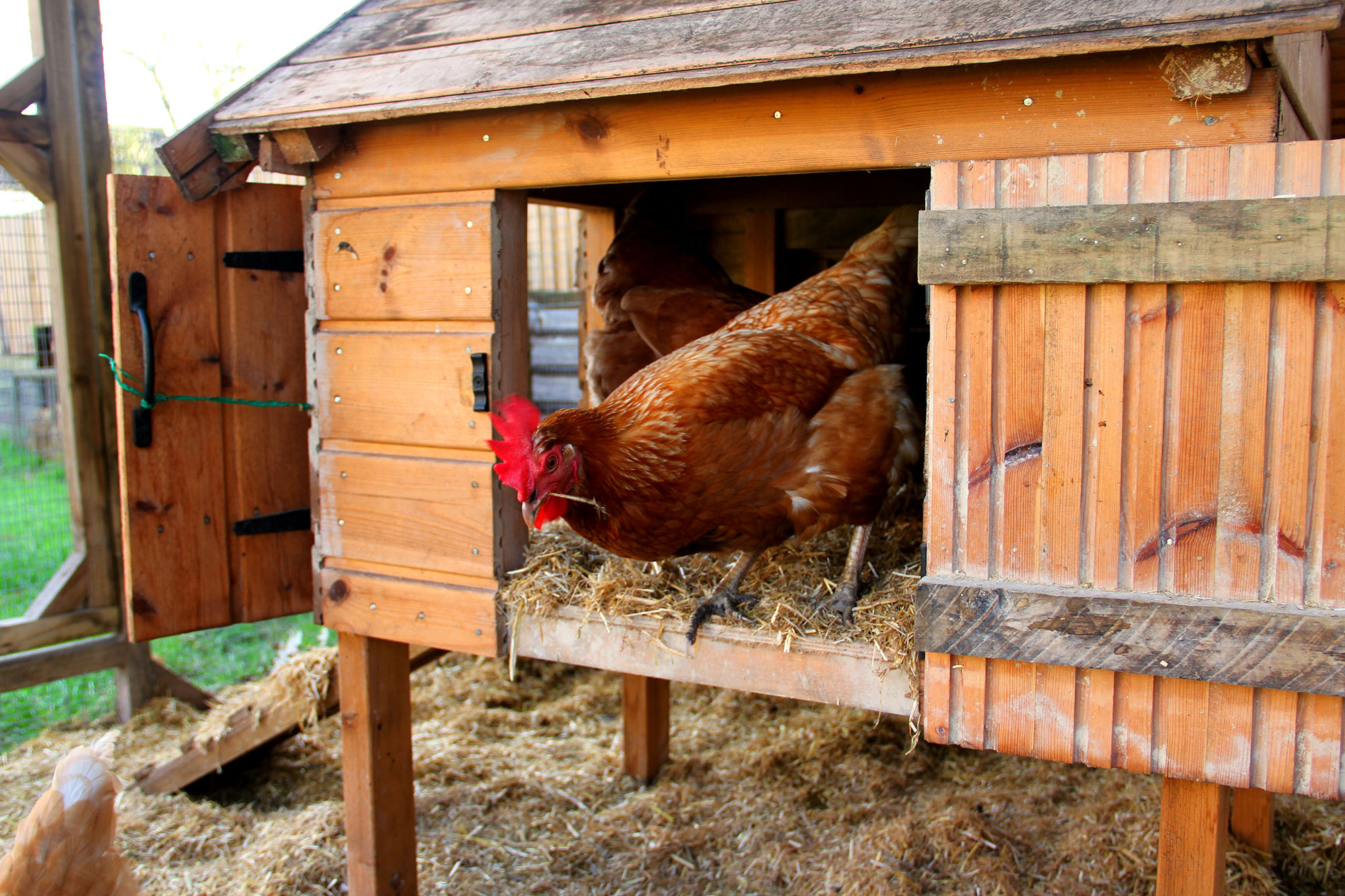The practice of chicken husbandry is an age-old tradition that can be used to maximize production with chicken in nest. From selecting breeds to feeding and housing chickens, chicken husbandry can help produce egg-straordinary results. This article will explore the techniques and strategies used to maximize production when raising chickens in nest. We will look at the different breeds of chickens, their dietary needs, and how to provide them with a suitable housing environment. Finally, we will discuss the benefits of chicken husbandry, such as increased egg production, improved egg quality, and better egg-laying consistency.
Chicken Husbandry Basics

Choosing the Right Breed
When it comes to maximizing production with chickens in a nest, the first step is choosing the right breed. If you are looking for egg production, then you should opt for a breed that is known for laying high quality eggs. You should also look into the breed’s size and temperament, as this can affect the amount of space and resources you need to provide for your chickens.
Feeding Requirements
Once you have chosen the right breed, you need to make sure that your chickens are receiving the best nutrition possible. You should feed your chickens high-quality feed that contains all of the essential nutrients they need. Additionally, you should provide your chickens with plenty of fresh water and access to a range of fruits, vegetables, and other treats that are suitable for their diet.
Housing Requirements
When it comes to housing your chickens in a nest, you need to make sure that the area is properly ventilated and insulated. This will keep your chickens comfortable and help maintain their health. Additionally, you need to ensure that the nesting area is secure from predators and other animals. You should also provide a range of perches and other materials that your chickens can use to build their nests. Finally, you should ensure that the nesting area is clean and free from debris that could harm your chickens.
By following these basic chicken husbandry guidelines, you can ensure that you get the most out of your chickens in a nest and maximize their production.
Creating a Successful Chicken Husbandry Environment

Temperature and Humidity Control
Ensuring temperature and humidity levels remain constant is critical for maintaining healthy chicken production. Temperature should be kept as close to 70-80°F as possible, while humidity should remain between 40-60%. Proper ventilation should be provided to ensure air circulation.
Managing Predators
Predators can be a major threat to chicken production. It is important to ensure your chickens have a safe space to roam and nest. This can be done by using fencing or other physical barriers to keep predators away. Additionally, using guard animals, such as dogs, to patrol the area can also be helpful.
Creating the Right Nesting Environment
Creating the right nesting environment is essential for egg production. Nesting boxes should have clean bedding and be placed in a quiet, sheltered area. It is also important to provide sufficient light and ventilation. Additionally, the nests should be checked regularly for any signs of disease or infestation.
By creating the right environment and managing predators, chicken husbandry can help you maximize production with chickens in nest.
Maximizing Chicken Production
Controlling Egg Production
Egg production is one of the key components to maximizing chicken production. To ensure maximum egg production, the chickens need to be kept in a comfortable environment that is free from stress. The environment should be clean and regularly disinfected. Regular health check-ups should also be carried out to ensure that the birds remain healthy and productive.
Incubation and Brooding
The process of incubation and brooding is essential for a successful chicken production. Incubation is the process of hatching eggs and should be done in an environment that is warm and humid. Brooding is the process of caring for the chicks once they have hatched and should be done in a comfortable environment that is free from stress.
Maximizing Feed Efficiency
Feed efficiency is another important factor in maximizing chicken production. Feed should be nutritionally balanced and should be provided in sufficient quantities to ensure maximum egg production. Feed should also be regularly monitored and adjusted to ensure that it is meeting the needs of the chickens.
Frequently Asked Questions
What are the Benefits of Raising Chickens in a Nest?
Raising chickens in a nest has several advantages over traditional methods of poultry farming. Chickens in a nest are kept in a secure, controlled environment, reducing the risk of disease and parasites. This increases the health and longevity of your chickens, resulting in better egg production. Nesting chickens also require less space, feed, and water, resulting in lower costs and more efficient operation. Additionally, chickens in a nest are more productive, producing more eggs with the same amount of feed. Finally, chickens in a nest are easier to monitor, enabling you to easily check for signs of illness and ensure that the flock is healthy.
What Measures Should Be Taken to Ensure a Safe and Healthy Environment for the Chickens?
Adequate Housing: Provide chickens with adequate housing to protect them from the elements and predators. Ensure that the housing is well-ventilated and free from moisture.
Nutrition: Provide chickens with access to a balanced diet, including a variety of proteins, vitamins, and minerals.
Hygiene: Ensure that the housing and surrounding area are free of dirt and debris. Clean the housing regularly and provide clean bedding for the chickens.
Health Care: Provide regular health checks and vaccinations for the chickens. Monitor for signs of disease and take appropriate action.
Regular Exercise: Provide chickens with access to an outdoor area where they can get exercise and access to natural sunlight.
What Techniques Can be Used to Maximize the Production of Eggs from Chickens?
Providing chickens with good nutrition, proper housing, and a stress-free environment are essential for maximizing egg production. Ensuring access to sufficient amounts of high-quality feed, as well as providing nutrient-rich supplements such as oyster shell, will ensure that hens have the necessary energy and protein to produce eggs. Additionally, providing ample space and keeping the coop clean will keep the chickens healthy and comfortable. Finally, taking steps to reduce stress, such as avoiding overcrowding and giving chickens plenty of access to the outdoors, can help maximize egg production.
How Can I Ensure That The Eggs Produced Are Of High Quality?
Nutrition: Feeding your chickens a balanced and nutritious diet is essential for producing high-quality eggs. Choose a feed that is specifically designed for laying hens and consider adding in supplements such as calcium, oyster shell, and probiotics.
Health: Routinely inspect your chickens for signs of illness and treat them appropriately. Keep the coop clean and reduce stress levels in the flock. Regularly deworm your birds and provide necessary vaccinations.
Environment: Provide your chickens with a comfortable, safe, and spacious environment. Ensure that the coop is well-ventilated and free of drafts. Install a light timer to maintain a consistent light/dark cycle and provide plenty of natural light.
Collecting the Eggs: Collect eggs promptly to prevent breakage and contamination. Gently wash the eggs with warm water and store them in a cool, dry place.
What are the Common Challenges Associated with Chicken Husbandry?
- Disease Prevention and Management: Chickens are commonly susceptible to a wide range of diseases, making disease prevention and management one of the most important challenges of poultry husbandry. Vaccination, proper nutrition, and biosecurity are all critical to preventing the spread of disease and to maintain a healthy flock.
- Environmental Management: The environment that chickens are kept in must be carefully managed in order to ensure optimal health and productivity. Cleanliness, air quality, temperature, and ventilation must all be carefully monitored to ensure that chickens remain healthy and productive.
- Nutrition: Proper nutrition is essential for maintaining a healthy flock of chickens. Nutrition must be carefully managed to ensure that chickens are receiving the correct balance of nutrients for optimal health and productivity.
- Parasite Management: Parasites can be a major problem for poultry husbandry. Parasites can cause a range of health problems for chickens, including anemia, decreased productivity, and even death. Regular deworming and proper sanitation are important for preventing and managing parasites.
- Predator Management: Predators can be a huge problem for poultry husbandry. Predators can cause a range of problems, from egg and meat loss to the spread of disease. Predator control measures, such as fencing and predator-proof housing must be used to protect the flock.
Conclusion
Chicken husbandry is a great way to maximize production with chicken in nest. By utilizing proper techniques such as providing adequate ventilation, using appropriate nesting material, and monitoring the flock’s health, farmers can ensure the best possible egg production and quality. With the right management practices, egg-straordinary results can be achieved.
